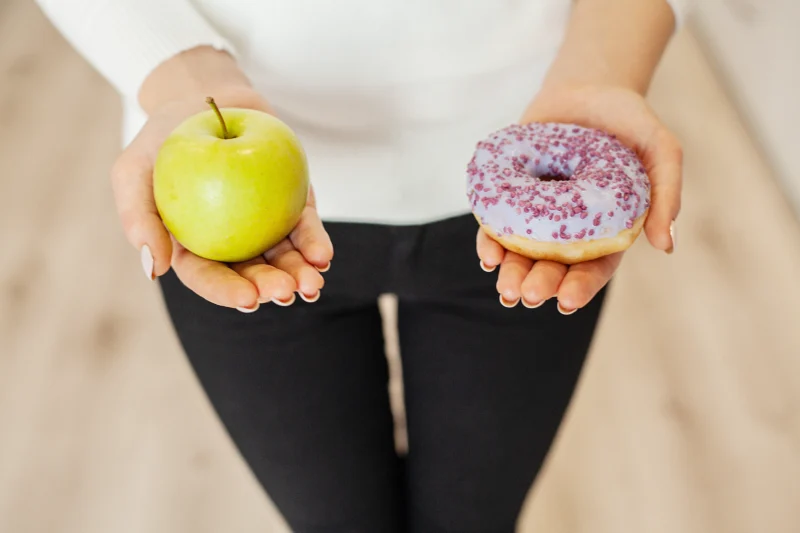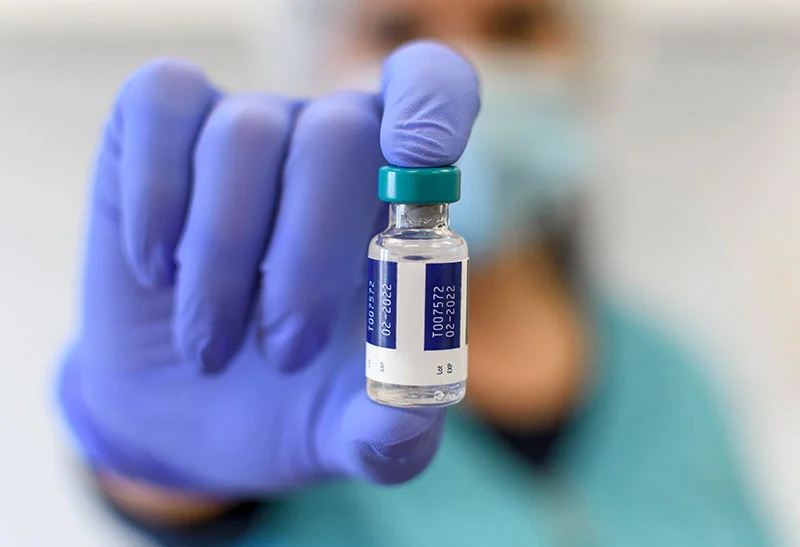
In recent years, there has been more research on the importance of sleep and how to improve sleep hygiene. For example, chronic poor sleep is linked to things such as heart disease, high blood pressure, obesity, and stroke. Conversely, high quality sleep has benefits including:
- Hormone balance
- Heal and repair of heart and blood vessels
- Healthy growth and development
- Immune health and ability to fight infection
In terms of mental health, getting good sleep helps us address brain and body functions such as processing daily events and regulating emotions and behavior. Sleep helps maintain cognitive skills, such as attention, learning, and memory. Whereas poor sleep can make it more difficult to cope with even relatively minor stressors.
After understanding the importance of sleep, here are some ways to improve sleep hygiene.
Tips for sleep hygiene
- Try to keep a consistent bedtime schedule
- Set a bedtime that allows you to get 7-9 hours of sleep depending on your need and development.
- Create a relaxing bedtime routine that helps you prepare for sleep. Engage your senses in relaxing ways such as drinking caffeine-free tea, listening to calming music, and aromatherapy. Creating a routine based around calming your senses will also signal your body over time that it is ready for bed when engaging in the routine.
- If you have trouble falling asleep, get out of bed and do something relaxing before trying to go back to sleep. One idea may be yoga for sleep. Here is a link:
https://www.calm.com/blog/bedtime-yoga
- Practice relaxation techniques such as deep breathing or progressive muscle relaxation. Here are some links:
https://www.youtube.com/watch?v=LiUnFJ8P4gM
https://www.youtube.com/watch?v=1nZEdqcGVzo
- Create a calming sleep environment – avoid loud sounds and bright lights. Keep your bedroom at a cool temperature. When possible, only utilize your bedroom for sleep and activities related to sleep. Working and engaging in other stressful activities will create associations with those activities in your brain, making it more difficult to sleep.
- Avoid caffeine and nicotine late in the day. Try not to drink alcohol within an hour of going to sleep.
- Exercise regularly.
- Avoid naps late in the day.
– Julia Phelps is a Licensed Professional Counselor for Health West. She earned her bachelor’s degree from the College of Idaho and her Master of Counseling degree from Idaho State University. She speaks both English and Spanish and is particularly passionate about mental health in rural and underserved communities.







